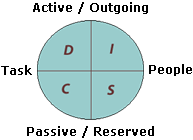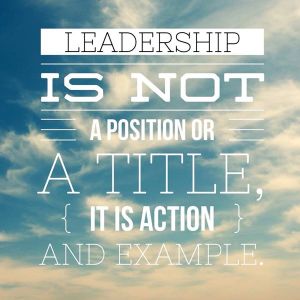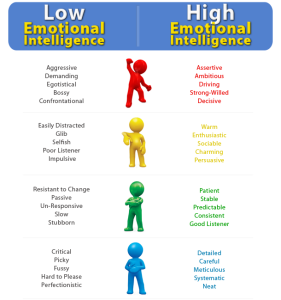Do you dream of being a leader? If you’ve never held a leadership role in your life, you might have come to believe that you’re a follower or, at best, a good team member. However, everyone has depths they’re not aware of and can contribute to their teams and the people around them. You have what it takes to be a leader if only you put your mind to it. Consider the following tips:
- What’s Your Style in Dealing with People? One of the most important aspects of leadership is working with others. You have to convince people that your suggestions are good. You have to get them to be enthusiastic about your ideas so that they put in the work required to execute the plan. When it comes to people, everyone has a different style. Some like to talk to others one-on-one while others like to speak in a group. Although you will feel most comfortable working in a style that best suits you, the most successful leaders learn about different personality types and how best to motivate and communicate with them. One assessment we use with clients to determine personality tendencies is the D.I.S.C. method. Understanding the four basic temperaments is key to working well with others. Although everyone has their strong suits, an effective leader benefits not only from bending their personality traits in communicating with others, but are better equipped to manage and motivate others when appealing to their hot points.
- Do Certain Ideas Keep Occurring to You Over and Over? If you’re sitting in company meetings every week and you keep having the same thought about improving the product or increasing productivity, don’t ignore that thought. Run your idea by a colleague. Schedule time with your supervisor to bring it up or discuss in a meeting. If something keeps occurring to you, consider that a sign of your inner leader trying to speak up. Go with it.
- Take Time Off. If you think back to how many famous innovators and creators have worked, you’ll find that they worked hard for long periods of time but they also took time off when necessary. Have you heard of Archimedes? He tirelessly worked on coming up with what’s now known as the Archimedes’ Principle. He wasn’t able to solve it. He took some time off and went to a public bath. He was lounging in a hot tub when the solution came to him and he ran out, half naked, shouting “Eureka!” (I found it!). Take time off yourself. You’ll find great ideas bubbling in your consciousness, which undoubtedly helps to refine your leadership abilities.
Contact us for more information on letting your inner leader emerge.





